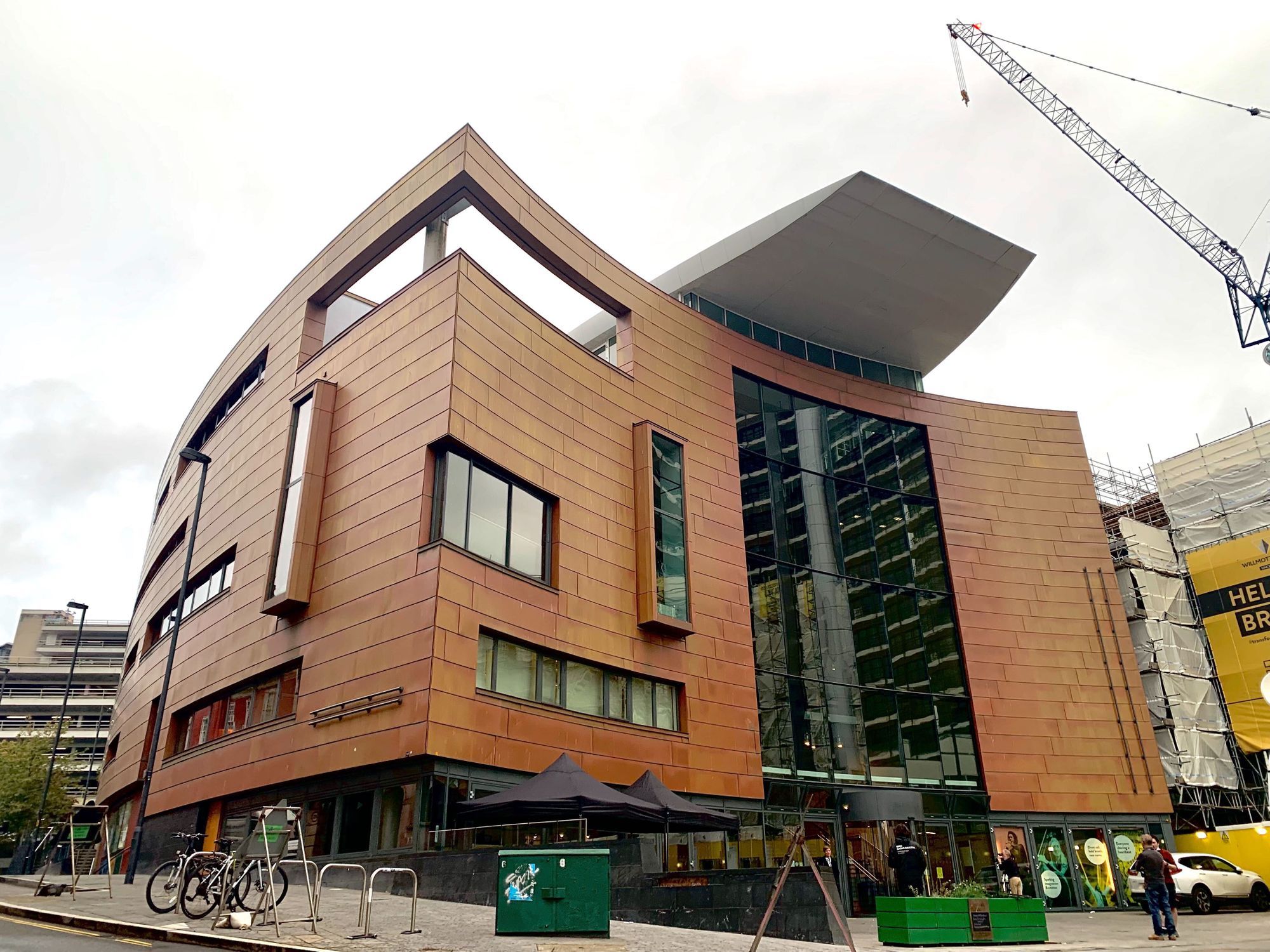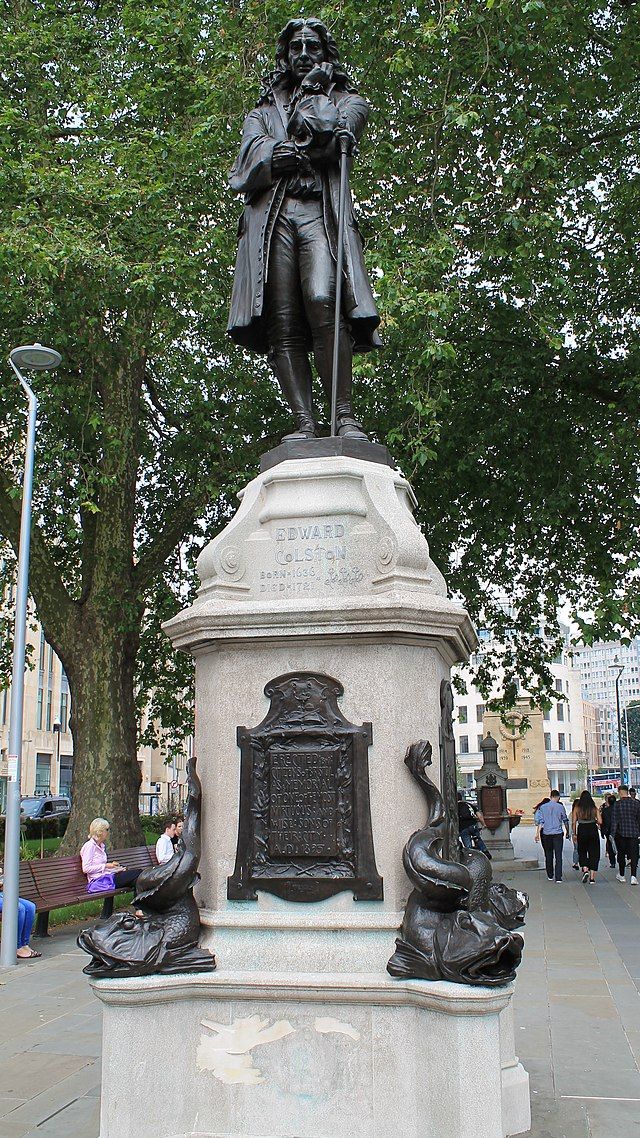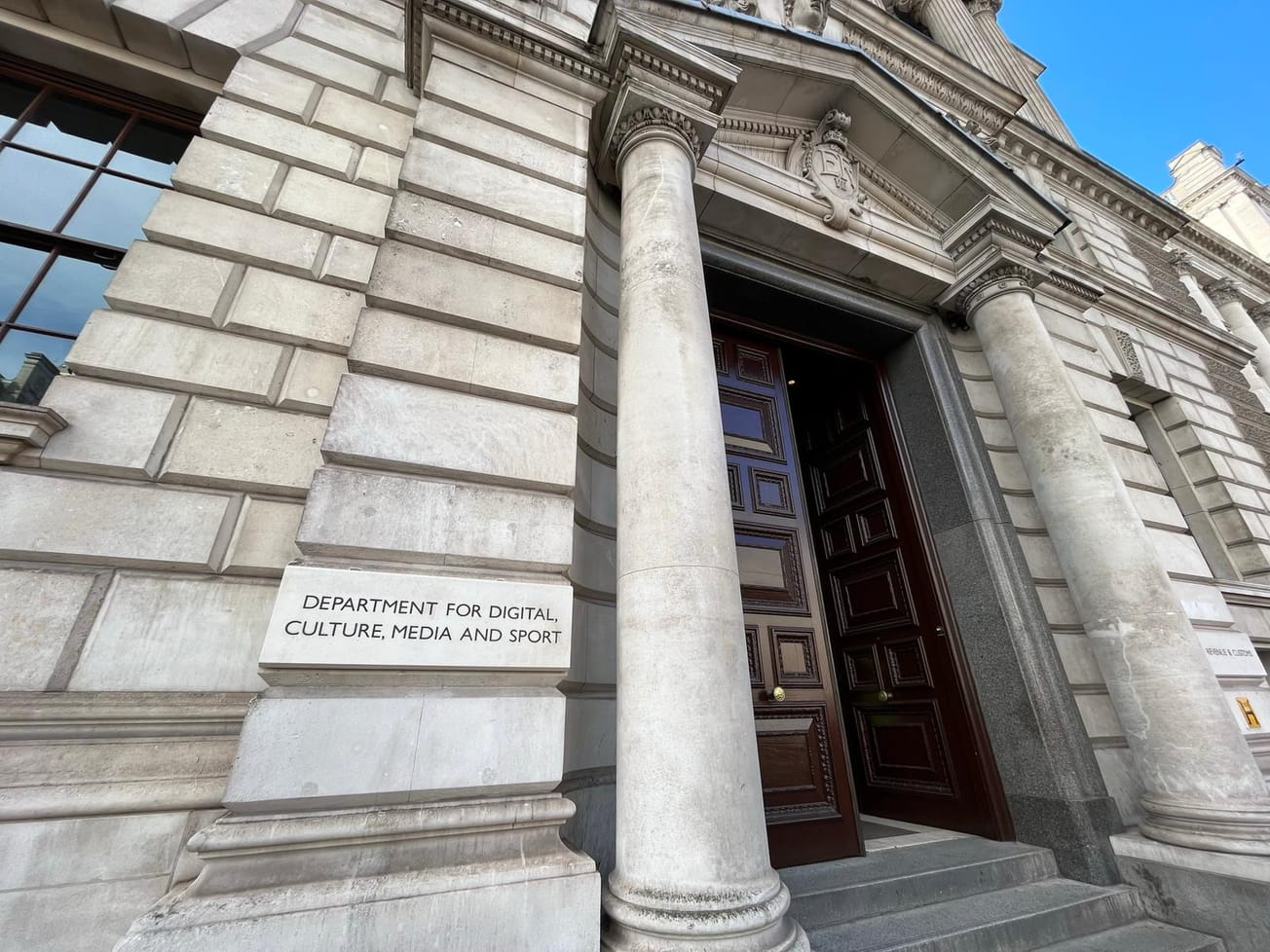By Milan Perera, Second Year English and Community Engagement
Changing names, removing statues, and the issue of memorialisation. With the rapid unfolding of recent events surrounding the Colston 4, Epigram explores the extent to which Bristol has cut ties with its slave trade roots.
It was covered in red paint and a rope was placed around its neck. An afro comb was placed on top in mock gesture. Protesters knelt on the neck of the fallen statue, re-enacting the murder of George Floyd. The statue of the 17th century slave trader, Edward Colston, in Bristol city centre has been at the heart of a long and hard debate which has headlined the front pages of national broadsheets for months after its toppling.
On 7 June 2020, the Black Lives Matter protest, attended by an estimated 10,000 people, converged to the statue of Edward Colston in Bristol City Centre. It was toppled down with a hollow thud, much to the delight of thousands in attendance. Despite the protest being held during the height of lockdown, people felt strongly about this controversial issue and used this opportunity to vent their feelings regarding the adoration of Colston as a beloved son of Bristol.
Ongoing debate regarding changing the names of Bristol landmarks named after Edward Colston, ranging from concert venues to street names, have gathered fresh momentum. The city’s flagship concert venue, then known as Colston Hall, has received wide criticism due to its association with the name. The iconic Bristol based rock band, Massive Attack, refused to play at the venue if it continued to bear the name of a slave trader. In October 2020, the shining beacon of Bristol’s live music was aptly christened as Bristol Beacon, severing its ties with the legacy of Edward Colston. The famous tower in the city centre which also bore the name of Colston was stripped of its glowing bold lettering and renamed to ‘Beacon Tower.’

After the toppling down of the Colston statue, a particular stained-glass window in the historic Bristol Cathedral, widely known as “the Colston window” was removed from public view. On the 16th of June, 2020, the Bishop of Bristol issued a statement saying that the window in question was to be either covered or removed. Bristol Cathedral has also since added a prayer for those harmed by the injustice of the transatlantic slave trade beneath their stained-glass window depicting Colston.
However, ‘Colston Day’ was previously observed at Bristol Cathedral and prayers were said in Colston’s memory after his demise. This very example demonstrates how the legacy of Edward Colston has been entrenched in the collective psyche of Bristol for decades. Organisations such as the Society of Merchant Venturers previously kept the legacy of Edward Colston alive.
'the legacy of Edward Colston has been entrenched in the collective psyche of Bristol for decades.'
Merchant Venturers is a highly influential body which exerts an enormous influence on the city life whose members sit at the advisory committees of schools, places of worship, universities, hospices and charities. Edward Colston himself was a member of the society and his statue that was toppled down was in fact erected by the Merchant Venturers some 174 years after his death. However, since the protest, the Society has stated that the toppling of Colston’s statue was ‘right for Bristol.’
A statement published on the Society of Merchant Venturers website reads: ‘To build a city where racism and inequality no longer exist, we must start by acknowledging Bristol’s dark past and removing statues, portraits and names that memorialise a man who benefitted from trading in human lives.’ Here is a clear example of the progressive attitude organisations in and around Bristol have taken up in order to dissociate from the previous celebrations of Colston.
The trial of the Colston Four at Bristol Crown Court attracted a media scrum with a panoply of microphones and cameras. The four were charged with criminal damage to public property. The renown historian and broadcaster, David Olusoga was called upon as an expert witness for the defence of the Colston Four. Olusoga was lucid in his expert witness statement where he singled out Merchant Venturers for toning down the slave trade legacy of Colston and highlighting his philanthropic activities which eventually led to the ‘cult of Colston.’
Olusoga further went on to say that Colston was associated with the Royal African Company between 1680 and 1692 which shipped 84,000 Africans into slavery, including 12,000 children. Some 19,000 of the enslaved people died during the perilous journey to the Americas and the Caribbean, which led Olusoga to tell the jury in no uncertain terms that ‘He is therefore directly complicit in those deaths and the enslavement of the survivors.’
‘He [Colston] is therefore directly complicit in those deaths and the enslavement of the survivors.’
The plaques which bear the name of Colston at local pubs, schools, streets and buildings are coming off at a rapid pace. Colston Primary School changed its name to Cotham Garden School in 2018. Since November 2020, Colston Girls School became known as Montpellier Girls School. The popular pub formerly known as Colston Arms is the most recent venue to assume a new identity as they changed the name to Open Arms on 20 December. Colston School on Stapleton Road would become the last school in Bristol to sever its association with Colston as the school has decided to turn a new chapter with a new name next summer.
The University of Bristol changed the name of one of its student accommodation buildings from Colston Street to Thirty-Three – the building’s street number – after the Black Lives Matter protest in summer 2020. However, the name change was not implemented until ten months after it had taken place.
Unlike David Olusoga, not all academics are as unanimous in their views regarding the removal of questionable historic figures such as Edward Colston from public spaces. The Jamaica-born academic, Professor Geoffrey Palmer, at Herriot-Watt University believes that toppling down statues of the likes of Colston would lead to the erasure of black history, how unpalatable it may be. Instead, he proposes providing an unvarnished account of these figures in the form of a plaque adjacent to the monument.
In a 2018 Intelligence Squared debate regarding the ongoing ‘statue wars’, David Olusoga commented that, ‘statues aren’t about remembering history, they are about memorialisation. They are about saying this is somebody who we should revere...’
Colston Street in Bristol city centre is one of the last places to bear the name of the reviled merchant, with no news yet of plans for it to change. In a city that no longer associates itself with celebrating the life of Edward Colston, how long will it be until the final step is taken in removing Colston’s name from Bristol’s streets?
Featured Image: Wikimedia
What do you think about the Colston 4 verdict?









